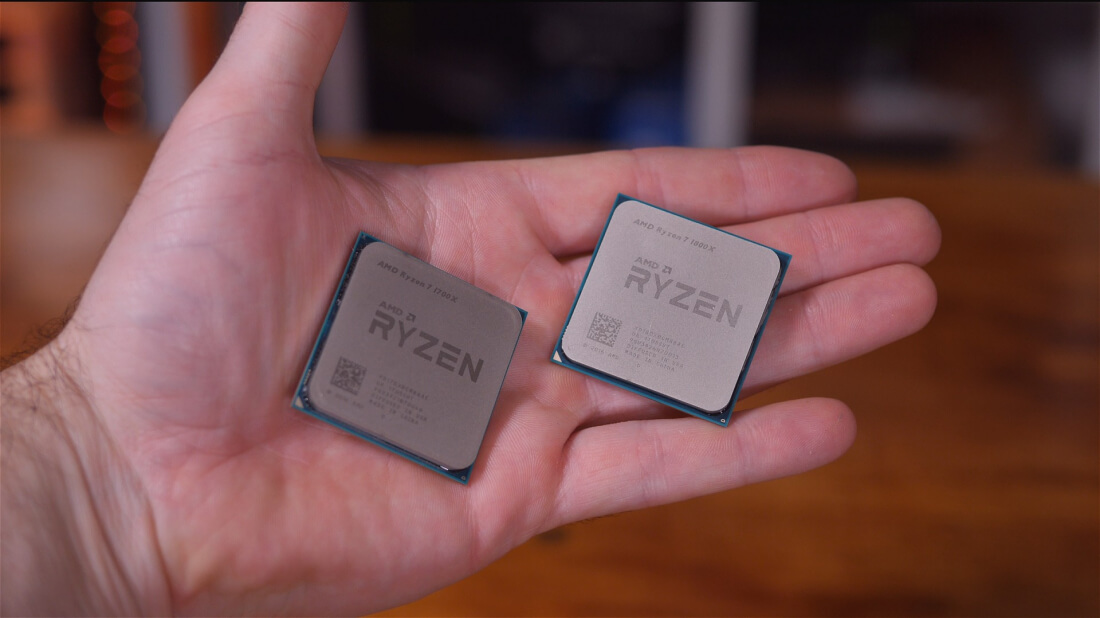
AMD has put an official end to the debate surrounding Windows 10's thread scheduler and Ryzen's lower-than-expected 1080p gaming performance. In an official statement posted on the AMD gaming blog, the company says "the Windows® 10 thread scheduler is operating properly for “Zen.”"
The statement continues to say AMD "do not presently believe there is an issue with the scheduler adversely utilizing the logical and physical configurations of the architecture."
As for reported performance deltas between Windows 10 and Windows 7, AMD says that they "do not believe there is an issue with scheduling differences between the two versions of Windows", and that any performance differences are simply attributed to the software architecture differences between 7 and 10.
AMD has also taken the time to address reports suggesting simultaneous multi-threading (SMT) was having a negative performance impact in some games. The company says they expect SMT to provide a "neutral/positive benefit", and quote a wide range of games where this behavior is seen.
AMD goes on to suggest that some game optimizations for Ryzen may be possible.
For the remaining outliers, AMD again sees multiple opportunities within the codebases of specific applications to improve how this software addresses the “Zen” architecture. We have already identified some simple changes that can improve a game’s understanding of the "Zen" core/cache topology, and we intend to provide a status update to the community when they are ready.
It's fantastic to see AMD directly addressing the community in this way, putting to bed several controversies and issues websites like ours have been investigating over the past few weeks. There are still question marks over what architectural aspect of Ryzen is causing lower-than-expected gaming performance, but we can safely rule out the Windows 10 scheduler as the cause.
https://www.techspot.com/news/68501-amd-windows-10-scheduler-operates-correctly-ryzen.html